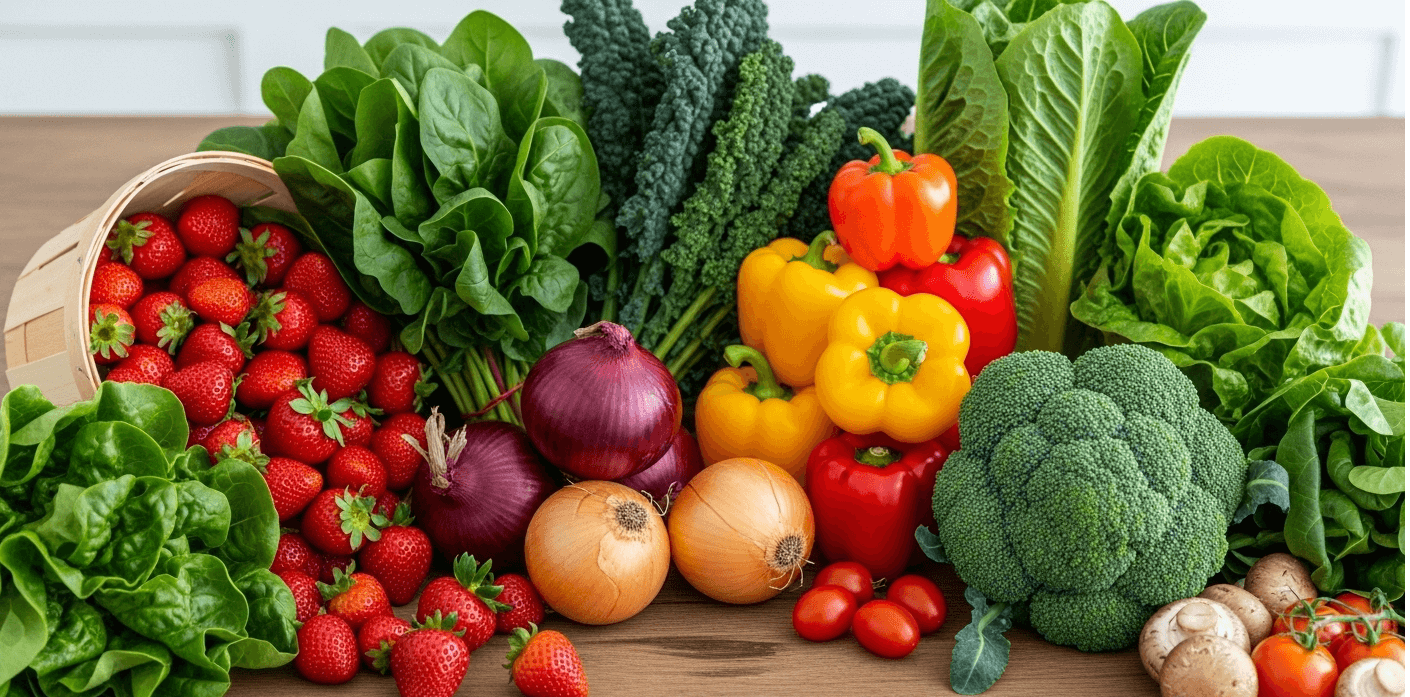
The Dangers of Ultra-Processed Foods: A Closer Look
In today's fast-paced world, convenience often trumps health considerations for many of us. Ultra-processed foods (UPFs)—think delicious deli meats, sugary snacks, and sodas—are staples in modern diets, making up about 70 percent of our food supply. However, recent research suggests these tasty shortcuts could be costing us dearly with our health and longevity.
Understanding the Research Behind UPFs
A study tracking the diets of over 540,000 American adults for nearly 30 years provides alarming insights into the impact of UPFs on health outcomes. Conducted through collaboration with nutrition experts, researchers found a significant correlation between high UPF consumption and increased risk of chronic diseases such as type 2 diabetes and heart disease.
Notably, the findings indicated an alarming 10 percent increase in early mortality risk for individuals with diets high in UPFs. Processed meats specifically were linked to an 11 percent higher chance of developing type 2 diabetes. Similarly, sweetened beverages prompted an 8 percent higher risk for diabetes and a 2 percent increase for heart disease. These statistics urge us to rethink our dietary choices, especially when it comes to convenience foods that come wrapped in bright packaging.
What Are Ultra-Processed Foods Exactly?
So, what defines an ultra-processed food? According to the NOVA classification system, foods are categorized based on their level of processing:
Unprocessed and minimally processed foods: These foods are in their natural state, including fresh fruits, vegetables, and dairy products.
Processed culinary ingredients: Items like olive oil or almond flour that undergo minimal processing.
Processed foods: Foods that have been modified with salt, sugar, or oil—think packaged bread or cheese.
Ultra-processed foods: This is where things get tricky. Foods such as chips, sugary drinks, and ready-to-eat meals fall into this category. These items contain numerous additives and often bear little resemblance to their original ingredients.
Taking Action for Your Health: What You Can Do
As the statistics around UPFs loom large, the importance of conscious eating habits cannot be overstated. Making simple changes in your diet can go a long way toward enhancing your overall well-being. Here are some strategies to consider:
Choose Whole Foods: Aim for whole, unprocessed options at every meal. Fill your plate with colorful fruits and veggies, whole grains, and lean proteins.
Meal Prep at Home: Taking the time to prepare meals in advance helps reduce dependency on convenient UPFs. Try cooking larger batches of your favorite recipes to save time throughout the week.
Become a Label Detective: Get into the habit of reading ingredient lists. If you can’t pronounce something or if the list is excessively long, it might be time to put it back on the shelf.
Building Community around Healthy Eating
One of the best ways to encourage healthier eating habits is through community initiatives. Local community gardens and farmer's markets not only promote access to fresh produce but also create social connections. Participating in these activities helps foster a sense of camaraderie and accountability to make healthier choices.
Engaging with neighbors and family members in cooking classes or nutrition workshops can also spark interest in maintaining a healthier lifestyle. By prioritizing nutrition collectively, communities can improve overall health and well-being.
Feeling the Impact: The Emotional Side of Food Choices
Food holds significant emotional weight in our lives. Understanding that our choices can shorten our lifespan may elicit feelings of concern or guilt. Yet, it’s important to focus on the positives of making healthier choices—energetic living, reduced illness risk, and the joy of preparing meals filled with nutrient-rich ingredients.
Remember, it’s not about perfection but progress. Celebrate small victories in your journey toward healthier living, and strive to be the best version of yourself.
A Call to Reflect on Your Eating Habits
As these findings suggest, shifting away from ultra-processed foods can have remarkable benefits on both our lifespan and quality of life. With each mindful choice, we work toward healthier communities stronger in body and spirit.
Next time you reach for a tempting snack, reflect on how that food contributes to your overall well-being. Embrace this as an opportunity to explore healthier alternatives that nourish your body and evoke joy in your everyday meals.
 Add Row
Add Row  Add
Add 




Write A Comment